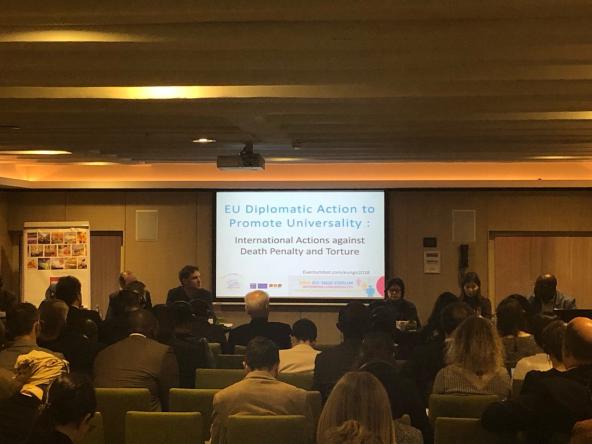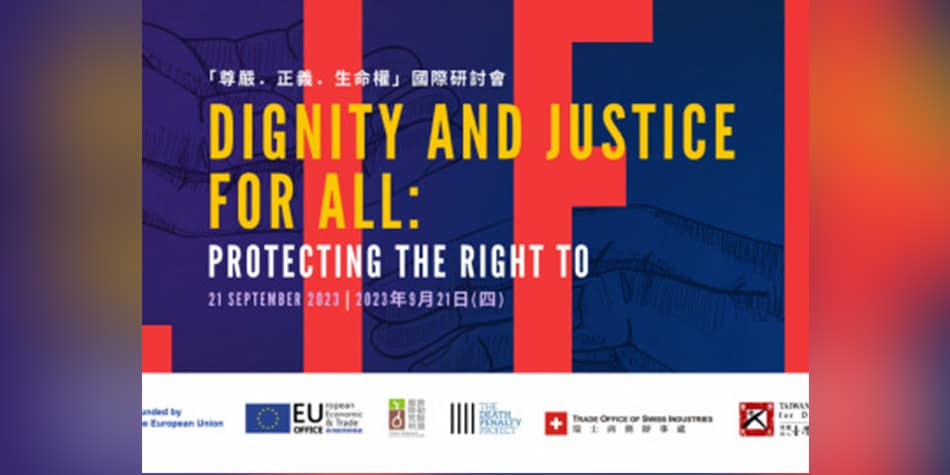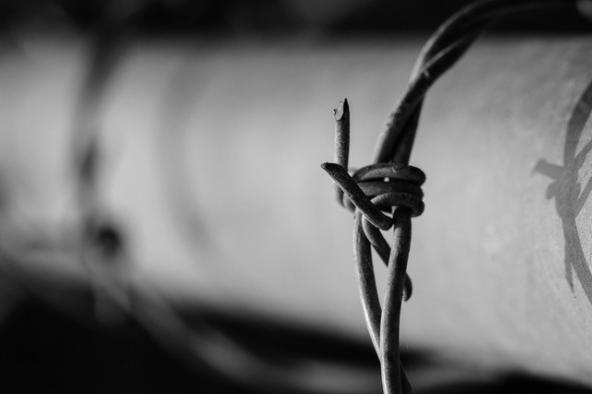
Death penalty is torture, says expert
International standards
After all the presentations and discussions, it became clear that torture and the death penalty are intimately linked. Beyond the emotional side of it, i.e. the horrific situation one is faced with when sentenced to death and sent to death row, it has been proven that the practice of the death penalty is akin to torture or cruel, inhuman or degrading treatment: whether it be the methods of execution, the living conditions of detainees or the death row syndrome which is a form of psychological torture for the condemned, their families and/or loved ones.
Professor Manfred Nowak was the first UN Special Rapporteur to work on the intricate connections between the absolute prohibition of torture and the abolition of the death penalty. Although opposition of the international community was very strong at the time, his successor Juan Mendes continued his research with great success and came to the conclusion that an international law custom was being established: one that considers that the application of the death penalty amounts to an act of torture in all circumstances.
The death penalty is a form of torture
The link between torture and the death penalty is particularly obvious when considering the living conditions on death row: insufficient access to food or medical care, isolation, the restricted amount of visits and support from family and relatives. This link becomes even more apparent when looking at the situation of convicted women, and was the primary inspiration for this year’s World Day, which focused on “Living conditions on death row”.
When taking the floor during the discussion, the NGO SUARAM related the account of a convicted man that summed it up very well: “During the 18 years I’ve spent in prison, waiting to be executed, I have only been visited by a judge 4 times!”
In Chad, ACAT Chad recalled that with the adoption of a special anti-terrorist law (of which there is no real definition since some people are sentenced to death for ordinary crimes), convicted individuals are detained in the DST’s premises, deprived of access to either their families or their lawyers, cut off from the world, making it impossible for civil society to document their living conditions. Similarly, suspected terrorists are detained in a prison more than 1000 km from their court of jurisdiction, rendering credible investigations and a fair trials simply impossible.
Limiting exports of products used by practitioners of torture and death penalty
It was also reminded that some methods of execution may constitute acts of torture. It is for this reason that, in 2015, the European Union revised its Directive on the prohibition of the export of goods that could be used in acts of torture to include products used for lethal injections.
Commissioner Malmstrom started the Global Alliance for Torture Free Trade in 2017 in parallel of the UNGA to encourage States to commit to greater control and limitation of the export of goods and products that could be used for torture or the death penalty. This alliance now includes 65 UN Member States and could eventually lead to the adoption of a legally binding convention: although it would not end torture nor the death penalty, it would make it more difficult for those who practice torture.
Categories
Death Row Conditions






